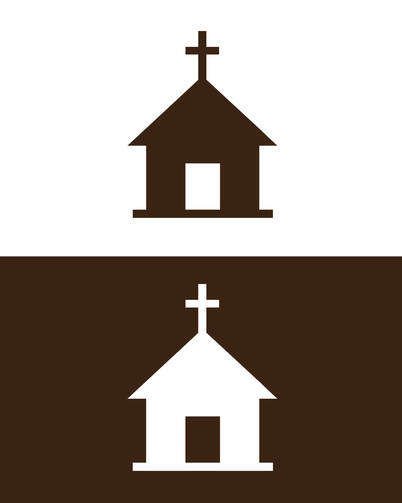At a conference at Notre Dame in late April, speakers explored the issue of polarization in today’s church under the heading “Naming the Wounds, Beginning to Heal.” From a variety of backgrounds, they drew a picture of today’s Catholic Church in the United States with its polarities, tensions and different ways of thinking.
Polarization is not new in the church. The Acts of the Apostles (Chapter 15) tell of an early conflict in the church. Some were teaching, “Unless you are circumcised according to the Mosaic practice, you cannot be saved.” Paul and Barnabas went to Jerusalem to consult about this issue. When they arrived, the text says, “They were welcomed by the church, as well as by the apostles and the presbyters…. But some from the party of the Pharisees who had become believers stood up and said, ‘It is necessary to circumcise them and direct them to observe the Mosaic law.’” Paul said no, they do not have to observe all Jewish laws to be Christians. Very early in its history, the church experienced polarization.
That was just the beginning. Sadly, differences of opinion, bitter fights, heresies and schisms have occasionally wounded the church. In the late 1800s in the United States, the Catholic Church included some who wanted to strengthen the international dimension, favoring a worldwide church with a leader in Rome from whom authority flowed. Others sought to find distinctive American features in the church, like freedom, representation and a voice in how things worked. Isaac Hecker, the founder of the Paulists, reaching out to Protestants, found favor with French liberals but disfavor from Pope Leo XIII. Archbishop John Ireland of St. Paul had to be very cautious expressing his beliefs about church life in the United States. Leo did not like some American fundamental principles, like separation of church and state. French journalists described a new heresy, calling it Americanism.
Today, statistics present a troubling picture to those who knew a church that was once unified and growing stronger. Older Catholics, who went through the social changes of the 1960s, reflect the polarization of society that took place afterward, from those who let go of many conventions and formalities to those who applauded President Ronald Reagan’s economics. The findings of Mark M. Gray reported in a recent issue of America (“Your Average American Catholic,” 5/18) draw a full statistical picture of how things are, and he finds encouraging signs among otherwise dark numbers.
In South Bend, Ind., John Jenkins, C.S.C., president of the University of Notre Dame, citing Robert Putnam and David Campbell’s American Grace, described two aftershocks of the cultural revolution of the 1960s. One was the Reagan movement that contributed energy to political divisiveness or polarity. The other was the movement of young people fed up with the controversies that divided religious people, leading to the explosion of the so-called nones—those who mark “none” on surveys that ask about religious affiliation. The sociologist Christian Smith told the conference that the millennials are not polarized; they are unconnected.
Catholics of different political stripes do agree on important things and can transcend polarities. The church’s strong tradition on social issues has much to contribute to the larger American society. Catholics of conflicting political stances still face issues of immigration together, perhaps because the face of Catholicism has long been that of immigrants. They still care for the poor and the outsiders, even if they have different views on how the political realm should address them. On life issues, from abortion to the death penalty, bishops of otherwise varying political views have been leaders in efforts to get together to work for what they believe.
Opportunities for addressing major issues do occur. The next meeting of the Synod of Bishops to consider the challenges of the family could introduce a new appreciation and attention to family issues. Perhaps Pope Francis’ promised encyclical will prompt serious reflection rather than reflexive dismissal of environmental issues. Later in the year, Pope Francis’ visit to the United States and in particular his address to Congress will put Catholic values and principles into public discourse in a powerful, personal way. And given the pope’s willingness to let people speak their minds without the need for everyone to agree on everything before we can all get along, perhaps when the bishops meet after the pope’s visit, they could express their varying opinions without danger of offending the faithful.
At the level of personal response, after naming the wounds, we can begin to heal by toning down fiery words and divisive stances, by admitting differences with our friends and colleagues without alienating them or blaming them. And we could, as Father Jenkins suggests, each do an examination of conscience that focuses on our rhetoric. That would start the healing in earnest.








